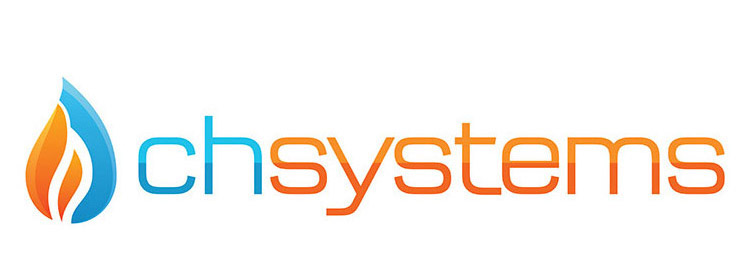What if Wimbledon could power your computer?
Federer did it again. Of course he did; the man’s a machine! With eight Wimbledon championships under his belt Roger Federer has broken the record for most championship wins.
It’d be interesting to know exactly how much energy the tennis star has had to produce over the years as he’s wacked his way into the annals of sporting fame. In fact, Britishgas.co.uk has investigated this very idea. OK, not relating to Federer per se; more about the amount of energy generated at Wimbledon from crowds cheering in the stands to tennis pros burning mega calories as they play.
Apparently, men’s finalists burn an average of 2100 calories per championship match; an energy output of over 2.50kWh! A woman’s final produces more than 150kWh. How does this translate practically (hypothetically)?
Well – on average, your laptop computer uses between 50W – 100W when in use, which means that the power of seven men’s finals would generate enough energy to power your laptop for a year! Five men’s finals could keep an LED lightbulb (typically lasting between 20,000 to 50,000 hours) shining for more than two years!
One woman’s final could keep your iPad charged for a year.
Impressed? Just wait. The London marathon – you know it, right? Before the race (which took place on April 23), a total of 253,930 people were expected to participate. With this statistic in mind; if a single participant competing in the marathon uses an equivalent 3.045 kWh of energy, then the total amount of energy consumed by the entire marathon is a mammoth 752.3 mWh.
Imagine your business could employ its own personal Roger Federer or better yet; a team of pro runners, to create enough energy to power the workstations on your premises? Sustainable and cost-effective, surely? Nice to dream. But who knows – we live in a world where anything and everything is possible!
If you have any energy queries relating to your home or business, feel free to contact the CH Systems team on 0208 302 8149 or info@chsystems.cc.
Sources: Britishgas.co.uk – “Wimbledon: How much energy can tennis pros generate?” and “The power produced by runners competing in the London Marathon”


